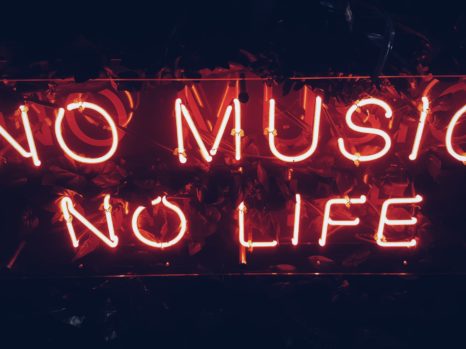A study at Salzburg Hospital showed that patients who recovered after back surgery had a higher cure and reported less pain when music was integrated into the normal rehabilitation process.
Music connects the automatic nervous system (brain function, blood pressure, and heart rate) and the limbic system (emotions and emotions).
How musicology can help you
When slow music is played, a physical reaction ensues – your heart rate slows and your blood pressure drops. This slows down breathing, which helps reduce tension in the neck, shoulders, abdomen and back. Regular listening to slow or soothing music can help our body relax, which means less pain and faster recovery time over time.
Finnish researchers did a similar study, but in stroke patients. They found that when stroke patients listened to music for several hours a day, verbal memory and focused attention improved and they had a more positive mood than patients who did not listen or listened to audiobooks.
These results led to a clinical recommendation for stroke patients: Listening to music daily during an early stroke provides a valuable addition to patient care, providing an “individualized cognitive and mental recovery, an easy-to-use and inexpensive means”. “, says the author of the study, Teppo Särkämö.
With brain imaging techniques such as functional magnetic resonance imaging, music is increasingly used to treat brain-related injuries and diseases. Brain studies have shown that music and motor commands divide circuits so that music can improve movement in people with Parkinson’s and recovering from a stroke. According to this group of doctors, neurological music therapy should become part of rehabilitation treatment. They believe that future results may suggest that music should be added to the therapy and rehabilitation list in many circumstances.
Music reduces stress and relieves anxiety
Music has a unique connection to our emotions, and research has shown that it can be used as a very effective tool for managing stress.
Like listening to music slowly to calm your body, music can also have a relaxing effect on your mind. Researchers at Stanford University have found that listening to music seems to be able to change brain function in the same way that drugs do. Because music is so common and cheap, it’s an easy stress reduction option.
So what kind of music best reduces stress? Here is what I found:
Strings, drums and flutes, Native American, Celtic, Indian
The sounds of rain, thunder and nature
light jazz, classical music and easy to hear
However, you have to be the ultimate judge of “relaxing music”. If Mozart doesn’t do it for you, you can explore other options that will naturally help you relax.
The nonprofit mental health and well-being organization encourages people to follow a healthy sound diet. They suggest that “when choosing food, holding business meetings or visiting with friends, pay attention to the sound environment, including the noise level and type of music being played. Noisy, noisy environments, we try to ignore them so hard that it can increase unconscious stress and tension buildup without that we even know it. ”
Just as unwanted food increases stress in our system, an inappropriate sound or hearing diet can do the same. Choose calmer environments and settings to help your body relax and recharge.











